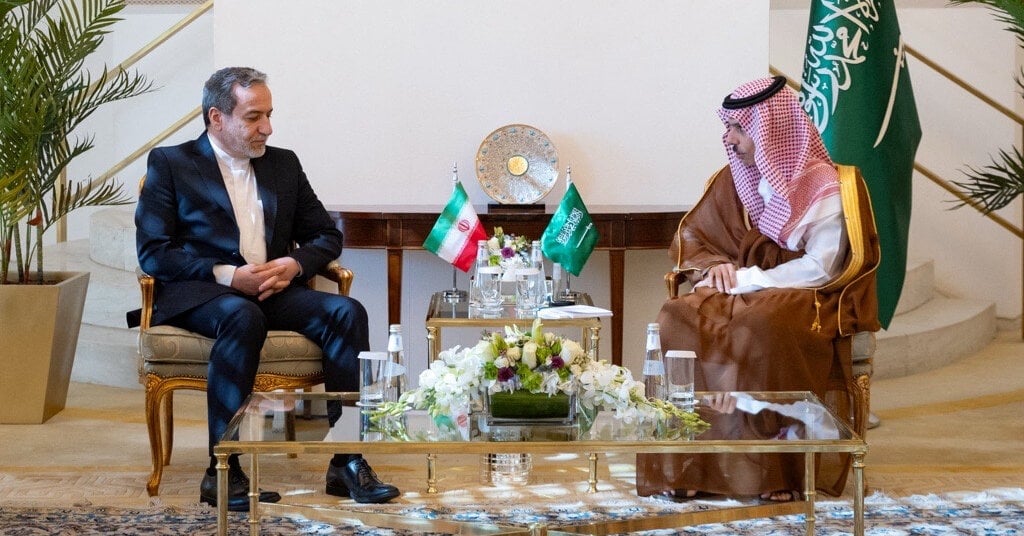- cross-posted to:
- [email protected]
- cross-posted to:
- [email protected]
A year ago, Saudi Arabia was preparing to recognize Israel in a normalization deal that would have fundamentally reshaped the Middle East and further isolated Iran and its allies while barely lifting a finger to advance Palestinian statehood.
Now, that deal is further away than ever, even after the killing of the Hamas leader, Yahya Sinwar, which has been widely seized upon as a potential opening for a peace deal. Instead, Saudi Arabia is warming relations with its traditional archenemy, Iran, while insisting that any diplomatic pact now hinges on Israel’s acceptance of a Palestinian state, a remarkable turnaround for the kingdom.
A diplomatic détente is underway in the Mideast, but not the one envisioned by the Israeli prime minister, Benjamin Netanyahu, who continues to say that his administration can clinch a deal with Riyadh. This month, the foreign ministers of the Persian Gulf states met for the first time as a group with their Iranian counterpart. It is a shaky, early-stage rapprochement that will only chip away at centuries of sectarian antagonisms, but it represents a sharp shift in a region where the rivalry between Riyadh and Tehran has drenched the region in bloodshed for decades.
Tehran’s outreach continued after that, with the Iranian foreign minister, Abbas Araghchi, visiting Saudi Arabia before heading to other countries in the region, including Iraq and Oman, in an effort to ease tensions.



It really feels love Netanyahu literally would rather watch the world burn rather than give up power.